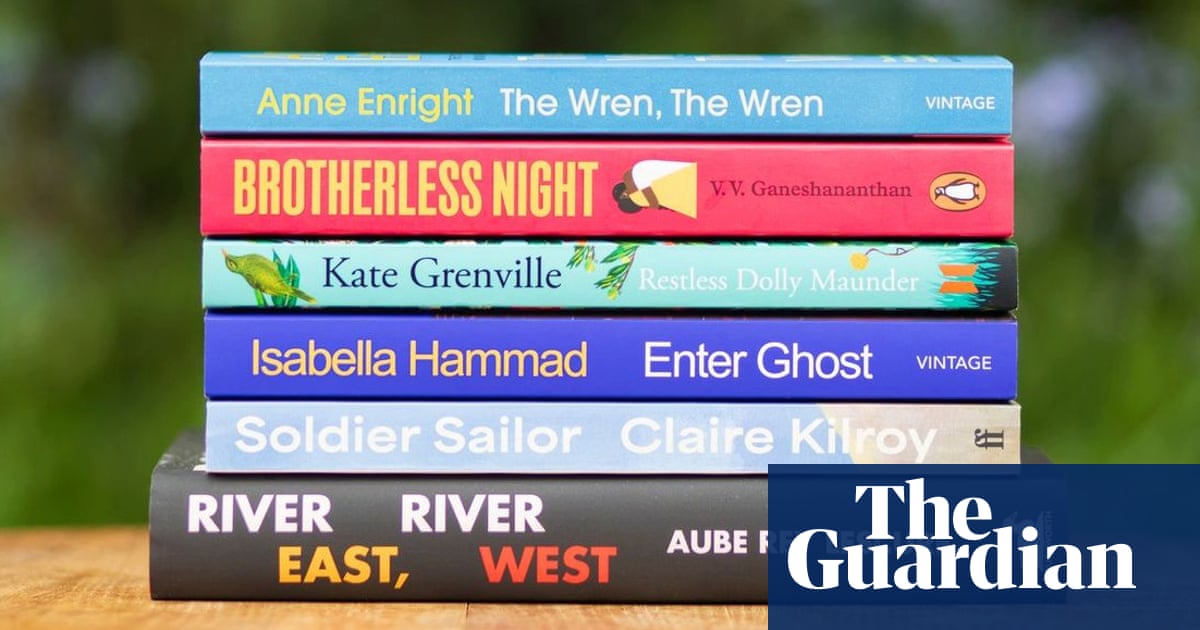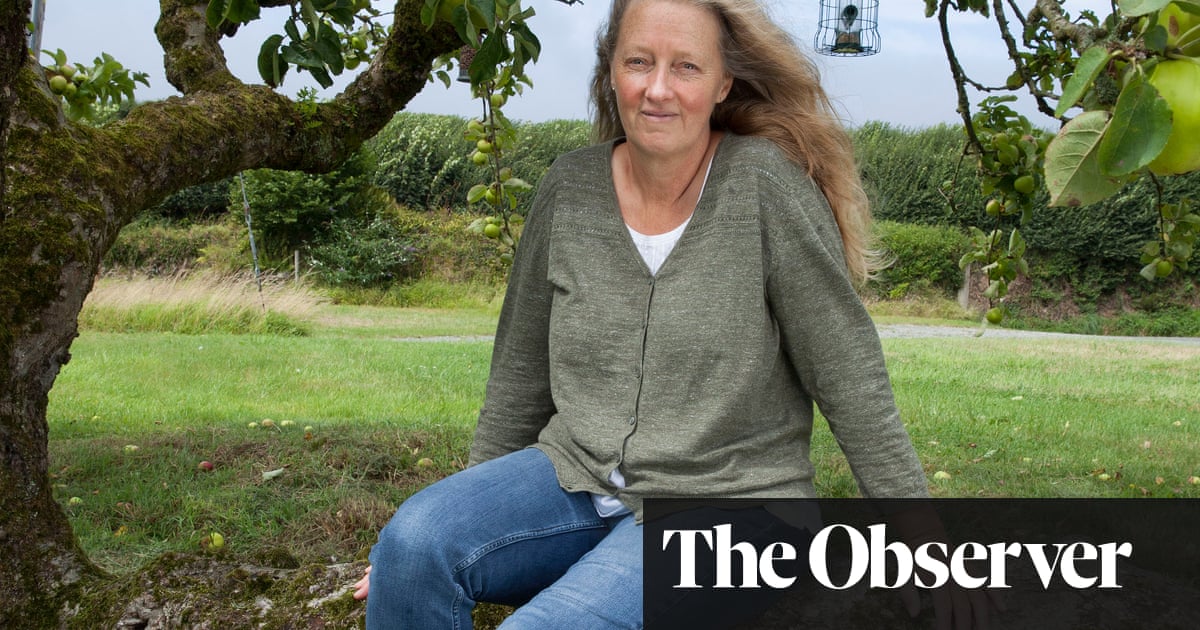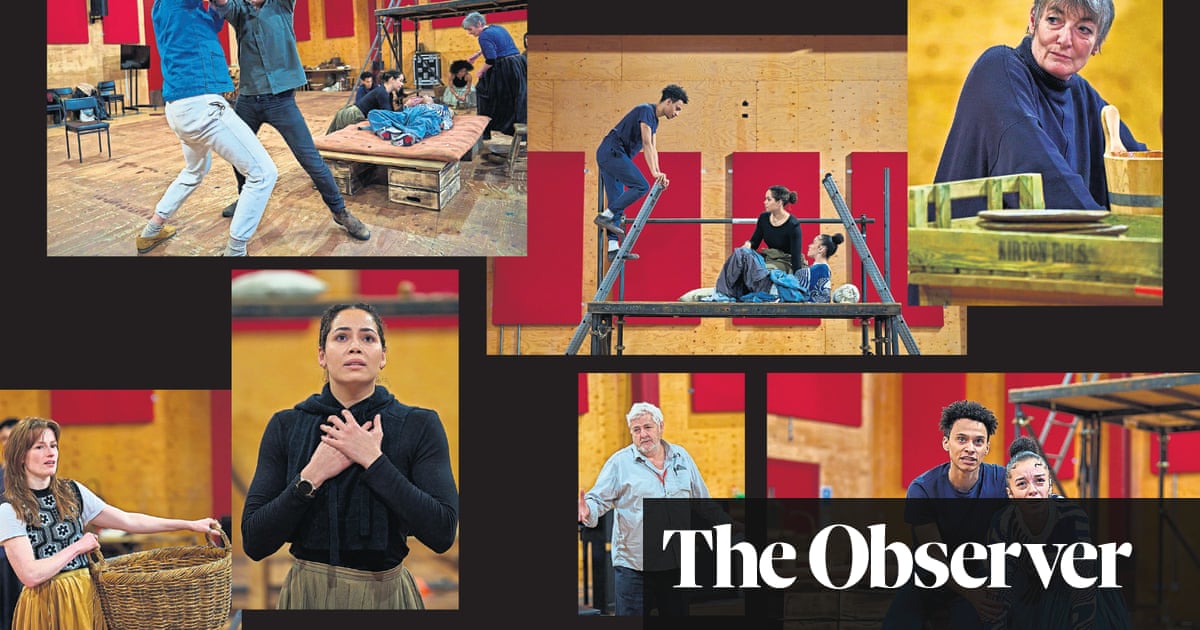
Maggie O’Farrell’s novel Hamnet, set in an England stalked by a plague that kills the young son of William Shakespeare, has won the Women’s prize for fiction.
A study of bereavement, O’Farrell’s eighth novel opens with the death of the 11-year-old boy, and delves into the relationship between Hamnet’s mother, Agnes, and her famous playwright husband.
Chair of judges Martha Lane Fox said O’Farrell’s novel was a “truly great” work of fiction and an “exceptional winner”.
“It expresses something profound about the human experience that seems both extraordinarily current and at the same time, enduring,” she said.
Hamnet beat novels including the third in Hilary Mantel’s Wolf Hall trilogy, The Mirror and the Light, and Bernardine Evaristo’s Booker prize-winning Girl, Woman, Other, to win the £30,000 award.
“I keep thinking it must be some kind of elaborate prank. There wasn’t really any particle of me that thought it would happen. Being on the shortlist was kind of enough and it never occurred to me they would choose my book,” said O’Farrell, who was presented with the prize in a digital ceremony on Wednesday night. “You’ve got these huge literary goddesses Mantel and Evaristo on the shortlist, they’re all such fantastic works telling such diverse stories, from different times and divergent places and perspective.”
Hamnet was widely regarded as a shock omission from the Booker prize longlist in July, a decision criticised by literary figures including O’Farrell’s husband, the novelist William Sutcliffe. “I can’t really see what more a British writer could do to be in contention for the top literary prize in her own country,” he wrote on Twitter.
O’Farrell’s fascination with the short life and death of Shakespeare’s almost-forgotten son dates back to her teenage years when she was studying Hamlet, written four years after the death of Hamnet.
“I had this absolutely fantastic English teacher called Mr Henderson and I don’t think I would have written any books, certainly not this one, without the foundation of what he told me about literature when I was a teenager. The play itself got really under my skin – I think it does appeal to this type of adolescent who’s introspective, likes to wear black, gloomy. And when he told me Shakespeare had a son who died at the age of 11, and he went on to write a play with the same name, because in Elizabethan times they were interchangeable, it just really struck me,” she said.
Going on to study English literature at university, she felt that Hamnet was “underplayed; no one has ever given him his due”. Her own book never mentions Shakespeare’s name, focusing instead on Agnes and only referring to him as “her husband”, “the father”, “the Latin tutor”.
“I’ve actually written three other books to avoid writing Hamnet,” O’Farrell said. “One of the things that really put me off is that I have a son and two daughters, like Shakespeare. And I couldn’t write the book, I couldn’t get to grips with it or grapple with it, until my own son was well past the age of 11. I knew that I had to put myself inside the mind of a woman who sits at her son’s bed and watches him die. And I just couldn’t do it.”
Hamnet deals with a world haunted by the threat of bubonic plague, and includes a chapter tracing the journey of an infected flea that boards a ship in Alexandria.
“Usually when you finish a book, your relationship with it is set, somehow. You turn over the final page of your final copy-edit, and that’s it, your involvement in it is ended in a sense. But with this book, given what we’re all living through in this pandemic, my relationship with it has changed. In an odd way, my empathy for the characters is stronger. I feel a bit closer to the Elizabethans, because before it was impossible to imagine what it was like to be assailed by a disease that’s resistant to treatment, and the powers of healing,” she said.
The Women’s prize, now in its 25th year, was set up after the Booker failed to include any female writers on its shortlist in 1991. It is intended to reward “excellence, originality and accessibility in writing by women in English from across the world”, and has been won by novels including Andrea Levy’s Small Island and Zadie Smith’s On Beauty. Jenny Offill’s Weather, Natalie Haynes’s A Thousand Ships, and Angie Cruz’s Dominicana were also in the running for this year’s prize.












